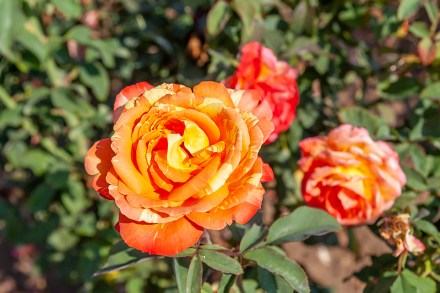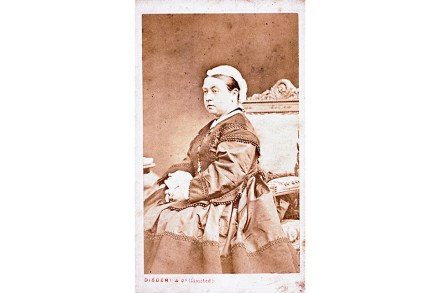Snobbery in the garden: U and non-U borders
Richard Sudell is the forgotten hero of the gardening revolution in Britain between the first and second world wars. A Quaker, born in Lancashire in 1892, the son of a straw and hay dealer, he left school at 14 and became a gardener, worked at Kew, then went to prison as a conscientious objector in




















